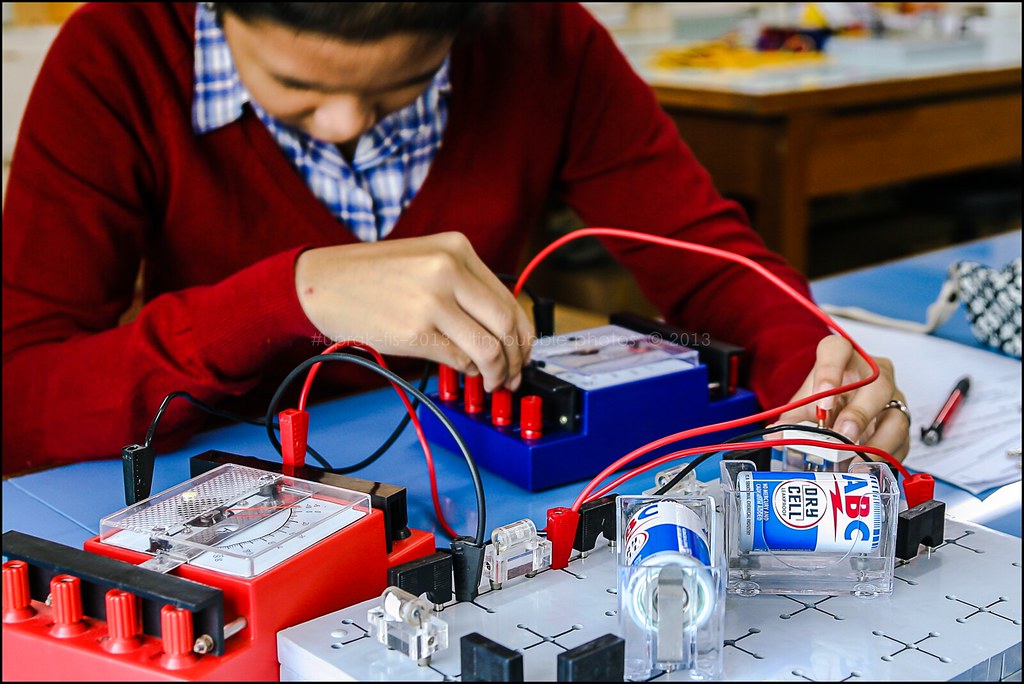Precision Matters: Exploring Techniques for Electric Measurement
Electric measurement is the backbone of modern technology, powering our homes, industries, and the devices we use daily. In this blog, we embark on a journey through the world of electric measurement, uncovering the principles, technologies, and real-world applications that make it an indispensable aspect of electrical engineering.
Understanding the Basics: Voltage, Current, and Resistance
To comprehend electric measurement, we must first grasp the basics – voltage, current, and resistance. This section breaks down these fundamental concepts, explaining how they relate to each other in electrical circuits. We explore the units of measurement, such as volts, amperes, and ohms, laying the groundwork for a deeper understanding of electric systems.
Essential Tools for Precision Measurement
Electric measurement relies on a variety of tools and instruments designed to provide accurate readings. From digital multimeters to oscilloscopes, this section explores the essential tools used in electric measurement. We delve into their functionalities, applications, and how they contribute to achieving precision in analyzing electrical parameters.
Precision Techniques and Methodologies
Accurate electric measurement involves more than just using the right tools; it requires precision techniques and methodologies. This section explores various measurement techniques, including differential measurements, bridge circuits, and signal processing. Understanding these approaches is key to obtaining reliable data in complex electrical systems.
Real-world Applications: From Laboratories to Everyday Life
Electric measurement extends beyond laboratory settings; it plays a crucial role in numerous real-world applications. From ensuring the proper functioning of electronic devices to optimizing power distribution in smart grids, we showcase how electric measurement impacts our daily lives and contributes to technological advancements.
Current Trends and Innovations
As technology advances, so does the field of electric measurement. This section explores the latest trends and innovations, from wireless measurement technologies to advancements in smart sensors. Stay informed about the cutting-edge developments shaping the future of electric measurement and its applications.
Challenges and Future Prospects
No exploration is complete without acknowledging challenges. This section discusses common hurdles faced in electric measurement, such as noise interference and calibration issues. Moreover, we discuss future prospects, including the integration of artificial intelligence and machine learning, promising a new era of automated and intelligent electric measurement systems.
